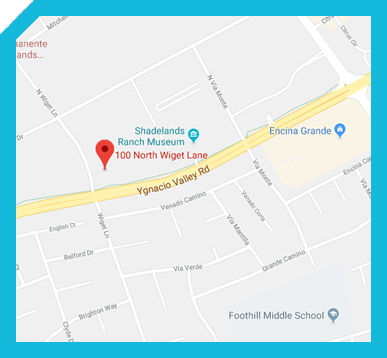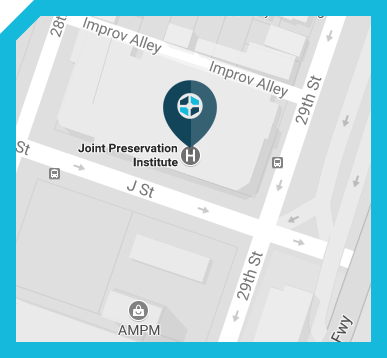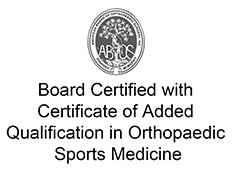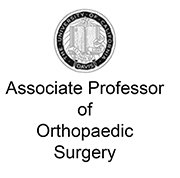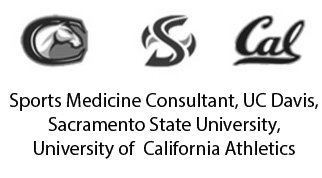
Meniscus tears are one of the most common types of knee injury. The injury is usually referred to as torn cartilage in the knee. Meniscus tears can cause you to experience pain, swelling, or a decrease in range of motion, and sometimes even locking up of the knee.
Here, we will give you a good understanding of meniscus tears and their treatment.
Common Injury
The meniscus provides a cushion in our joint. As you know, our knee is composed of our thigh bone, the femur, and the leg bone, the tibia. The end of the femur is rounded and the top of the tibia is flat. The meniscus is the cushion that fills the space between those two shapes. As a result of their location, the meniscus is put under a lot of stress. This stress happens especially during bending and squatting activity.
Due to these common stresses, statistics indicate that approximately 500,000 Americans experience meniscus tears each year.
There are two different types of meniscus tears: traumatic and degenerative tears. Traumatic tears often result from a pretty severe twisting injury or impact like a fall from a bicycle or a bad landing on skis. They often happen in young patients. Fortunately, a lot of traumatic meniscus tears can be repaired, because they happen at the outer edge of the meniscus where it has a good blood supply and can heal.
In contrast, degenerative meniscus tears happen in slightly older patients and with very subtle injuries such as bending down in the bathroom or going up the stairs. Degenerative meniscus tears can be treated without surgery and can sometimes gradually decrease in symptoms with time, physical therapy, and medications.
One other twist is that patients who have arthritis of the knee , often have meniscus tears. If the arthritis is severe, then there is no need to treat the meniscus tear since it would not be very helpful. In those cases, any surgery should be a joint replacement since it addresses the arthritis AND the meniscus tear.
Treatment Continuum
The type and severity of a torn meniscus vary widely. As a result, treatment options can range broadly from a conservative monitoring approach to physical therapy to surgery. If the torn area of the meniscus still has a blood supply, it is possible your body will heal the tear. Tears closer to the center of the meniscus will not improve on their own because they have limited healing capacity.
The surgical solution of choice for any kind of meniscus tear is an arthroscopic procedure, either to remove the non-healing portion of the meniscus or to repair the meniscus with sutures. With surgery, we can restore the function of the meniscus and eliminate the pain from the tear. Meniscal surgeries are outpatient procedures that are often followed by a program of physical therapy as part of recovery.
Prevention
The topic of prevention of meniscus tears is controversial. There may be a role for targeted exercise. When you strengthen muscles in your legs, hips and abdomen, you are taking pressure off the knee. Since the meniscus is supported by your ligaments and muscles, it may be subjected to less direct force by these types of programs. It is especially important to strengthen the hamstrings, quads and buttock muscles.
The second way to minimize your chances of suffering a meniscus tear is to choose physical activities that match the condition of your knee as well as your overall fitness. If you are playing high-impact sports, make sure your muscles are ready for it. Even when your fitness level is superb, it is prudent to avoid situations in which your knee may become twisted violently.
For more information on causes and treatment of meniscus tears or other knee injuries, please request an appointment with us at one of the Joint Preservation Institute locations in Sacramento or the San Francisco Bay Area.




 Meniscus Tears
Meniscus Tears 
